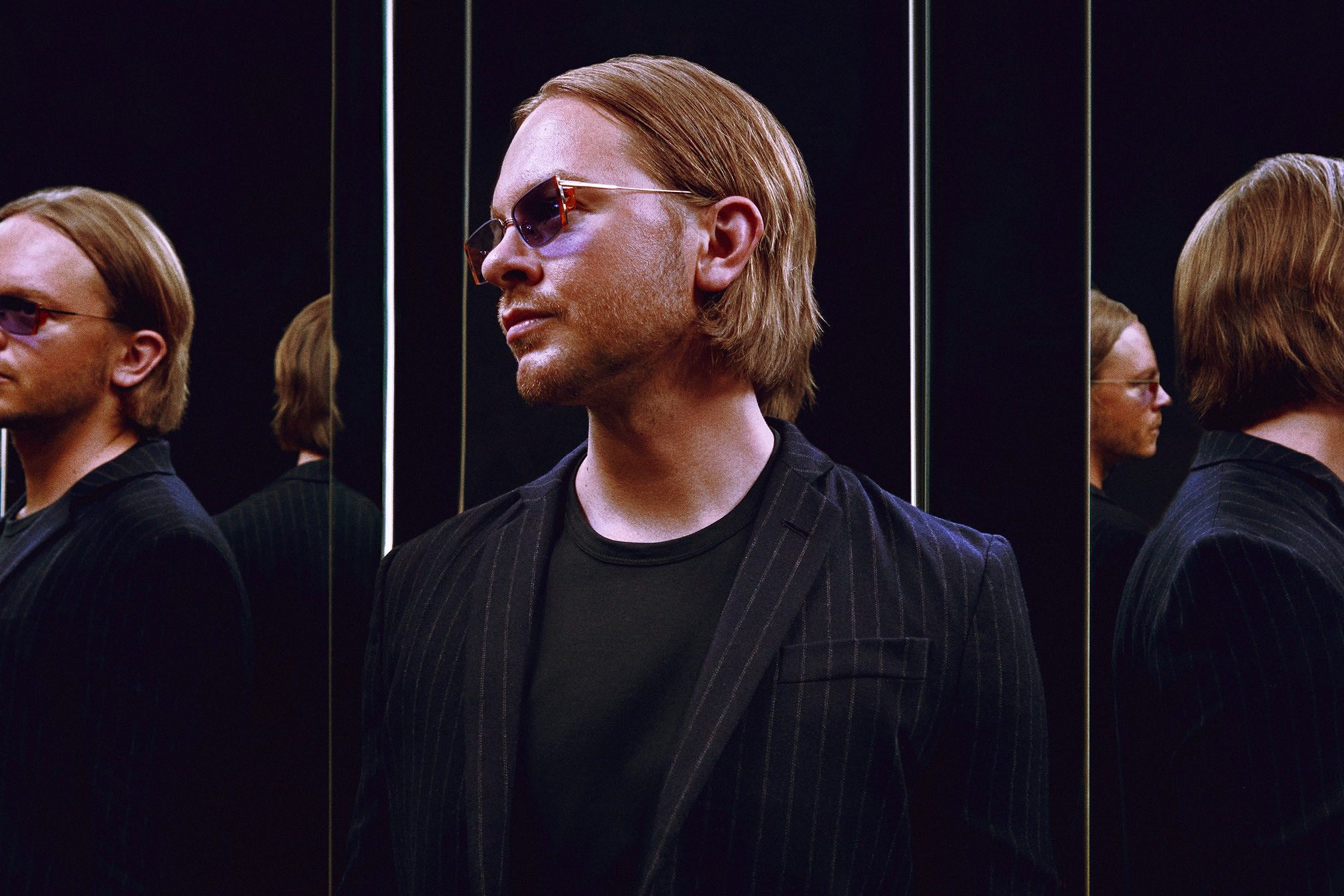 Features
Features
How a period of reflection led DJ Seinfeld to discover his true artistic self
Tracy Kawalik speaks to DJ Seinfeld about difficult life experiences fuelling self-discovery, UFO hunting, lo-fi house and the next stage of his musical evolution
After a long slog amid a dystopian grey existence without dancefloors and soundsystems, the world is about to open back up for us all to reunite. But for now, Armand Jakobsson, AKA DJ Seinfeld, picks up my call and appears on screen in 2D. We're back in the digital landscape where his sonic identity was born, his music career thrived and where he first experienced global infamy.
Sunbeams undulate across a frosted glass window behind him. He's radiating a new cool confidence, smiling, fresh-faced and in love. Flanked by indoor foliage and his golden blonde locks, he riffs about making time this past year to try out new recipes and dig into the finer details of his music for his fast-approaching new album ‘Mirrors’, which marks his Ninja Tune debut. But most of all, Seinfeld is optimistic for the future, having utilised the time in between to take a long hard look into his own reflection to discover who he was and how he wanted to sound.
"When I started making this album almost 2 years ago, I didn't really know who I was as an artist," says Seinfeld, confessing his existential crisis. "I had a lot of ambitions for myself and a lot of expectations for myself, but I didn't know where I wanted to go with them. In the beginning, everything was essentially riddled with self-doubt. Who I was? How I looked? What my music sounded like? Finally, I just thought, 'Okay, I'm going to shut down as much of these thoughts as I can and just make music from a completely therapeutic and exploratory kind of view'. Honestly, this album is my mirror. If you ask me what my proudest achievement is so far, I actually think it's this."

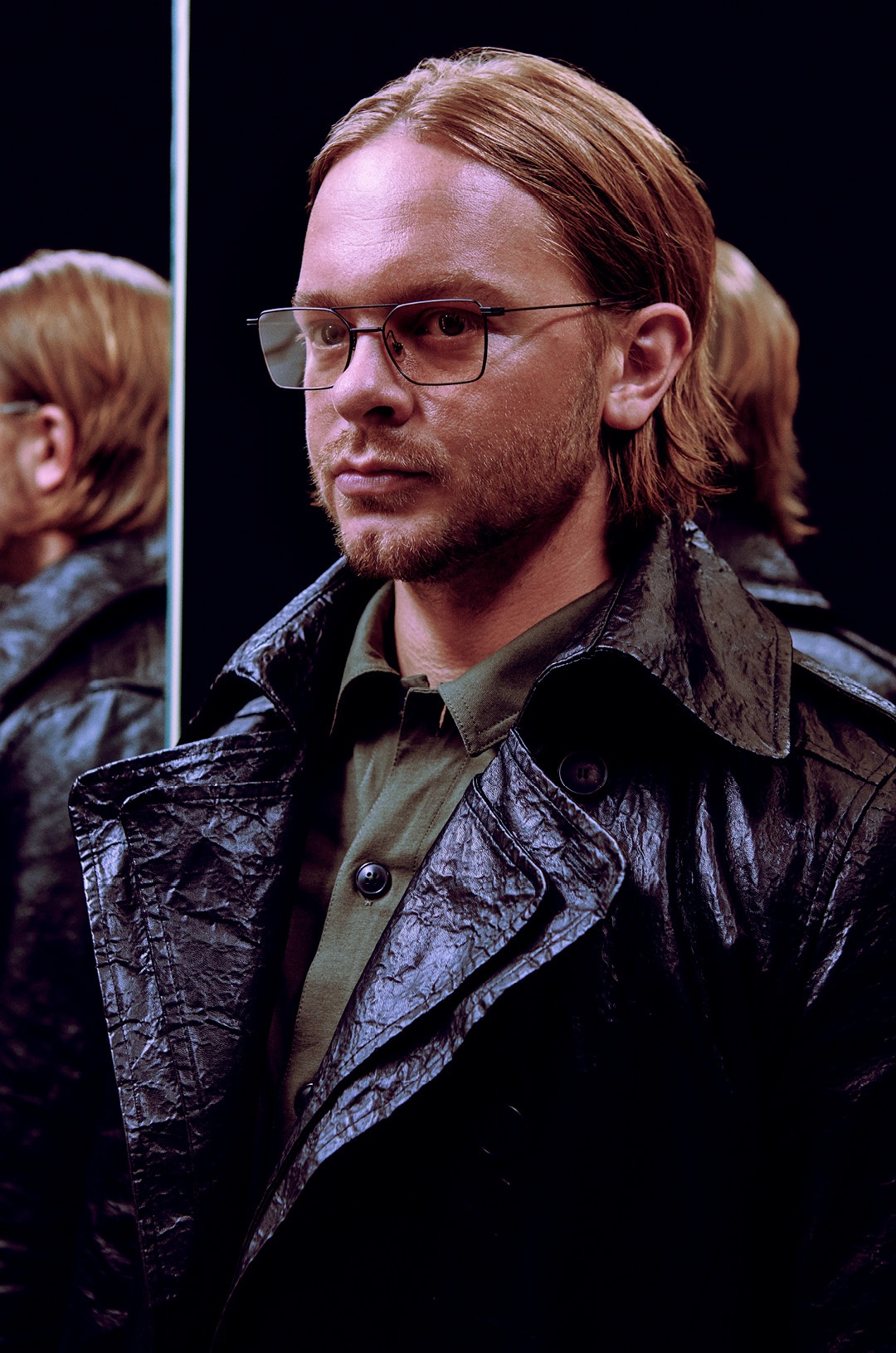
The inspiration behind ‘Mirrors’ came from a recently discovered quote by DJ Seinfeld's favourite author Julio Cortázar. "It says: 'You were always my mirror, to see myself I had to look at you', and it just made sense with what I wanted to say with this album. It sort of encapsulated where I've been and what I have not been. In the end, perhaps it's easier to see who you are in the silhouettes of your experiences like heartbreak and family trauma, but also through the peculiar flickers of light and love that enter your life." Seinfeld pauses. "If my first album was about getting past a breakup, this one is trying to understand who's standing on the finish line."
Laying his feelings bare on wax is nothing new for the Swedish DJ and producer. Back in 2016 a particularly nasty end to a relationship led him to move to Barcelona. Once there, he divided his time between binge-watching Seinfeld reruns (naturally) and anonymously making music to heal his broken heart. What he didn't anticipate is that his cathartic side-project would rack up such formidable online clout among music-sharing groups that, a year later, he'd be considered as one of the pivotal players in pioneering the lo-fi house genre.
Read this next: How lo-fi house emerged from the underground
A late-night spent with Ableton, Bob Geldof and a couple of beers led to his breakout single and the internet going into overdrive. He reflects, "The moment I knew things were really blowing up was when I made 'U'. I had written down the piano sequence for a while and I was first intending on it being an ambient thing, or just a little interlude. But then, one day, I was searching YouTube for 'sad monologues', and I found this interview with Bob Geldof where he talked about how his missus left him. It hit me like, 'Right, this is exactly what I need.'" In the end, DJ Seinfeld made 'U' in a couple hours, posted it online and passed out. When he woke up, it had already amassed 50,000 views and garnered meteoric attention on YouTube.
"I couldn't believe it. I was sitting at work, not even doing my job but just refreshing my SoundCloud to see what new comments I had on there and see the messages I'd received. For me, even today, it's still probably the most rewarding feedback I've had for my music.”

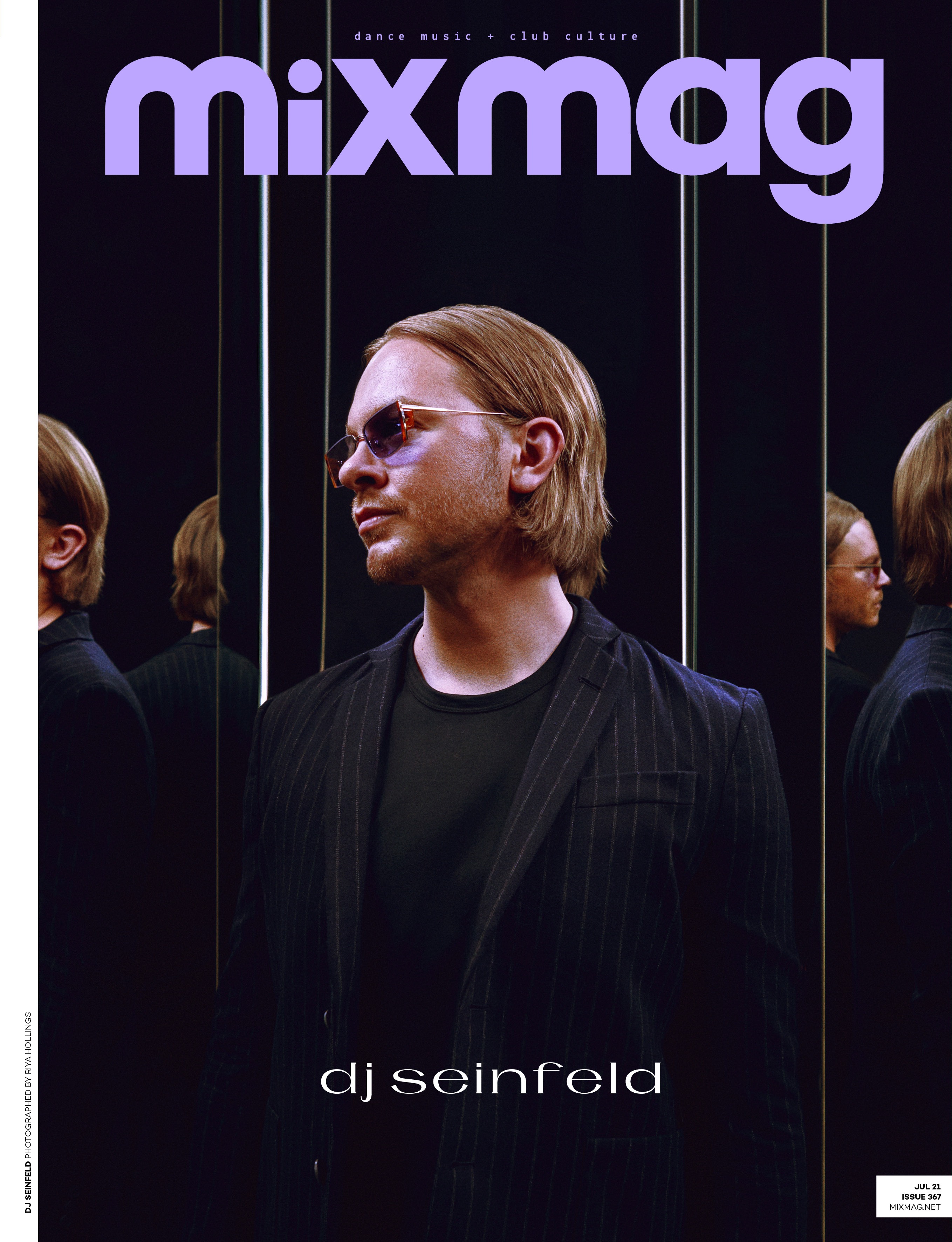
His EP 'Season 1' had already landed him a cult fanbase, but 'U' has since locked down 1.3 million streams and counting on YouTube alone and sent Seinfeld to the upper echelons. It was followed by his critically acclaimed 2017 debut album ‘Time Spent Away From You’, an extended post-heartbreak love letter delivered via the medium of the dancefloor.
He'd made music under a handful of aliases previously ranging from Rimbaudian to Birds of Sweden - and a few more which he hints we might never discover - that had made waves. Under those monikers, you'll find sweeping, discerning dips into jungle and breaks, nods to UK garage, bass-heavy belters, dusty-sounding 90's R&B licks, stuttering acid and deep emotive cuts aplenty. But as DJ Seinfeld, he not only delivered all of the above but became known as a pioneer of the lo-fi house genre. Alongside DIY contemporaries and bedroom beatmakers like Ross From Friends and Mall Grab, Seinfeld was soon in high demand and propelled on a fast track to perform at festivals and clubs worldwide on a weekly basis.
Read this next: Ross From Friends navigated a whirlwind of hype to emerge on a world famous label
Gigs started pouring in. "I'd never DJed before. Never. It was terrifying. Enough time has passed now for me that I can actually admit that," he laughs. "But I would be booked without any experience. I'd never touched a CDJ or a mixer or anything. I would sit at the airports and watch tutorials on how to beat match and stuff like that." He describes times, playing the early sold-out shows, where he was completely shattered from the nervousness and the pressure but determined to hone his skills regardless.
Outside his technical prowess with equipment, DJ Seinfeld had trepidations about his sound, and he wasn't the only one. Music snobs were clamouring to deride the 'lo-fi fuzz' they thought he was making as something of a passing scene. In the end, Seinfeld would prove them wrong. "The stereotype that came with it was frustrating in some ways and I feel like they did pre-judge us or try to put me in a box where I could only be one thing. But for me, the perceived frustration was just wanting people to have an open mind about what lo-fi could be.”
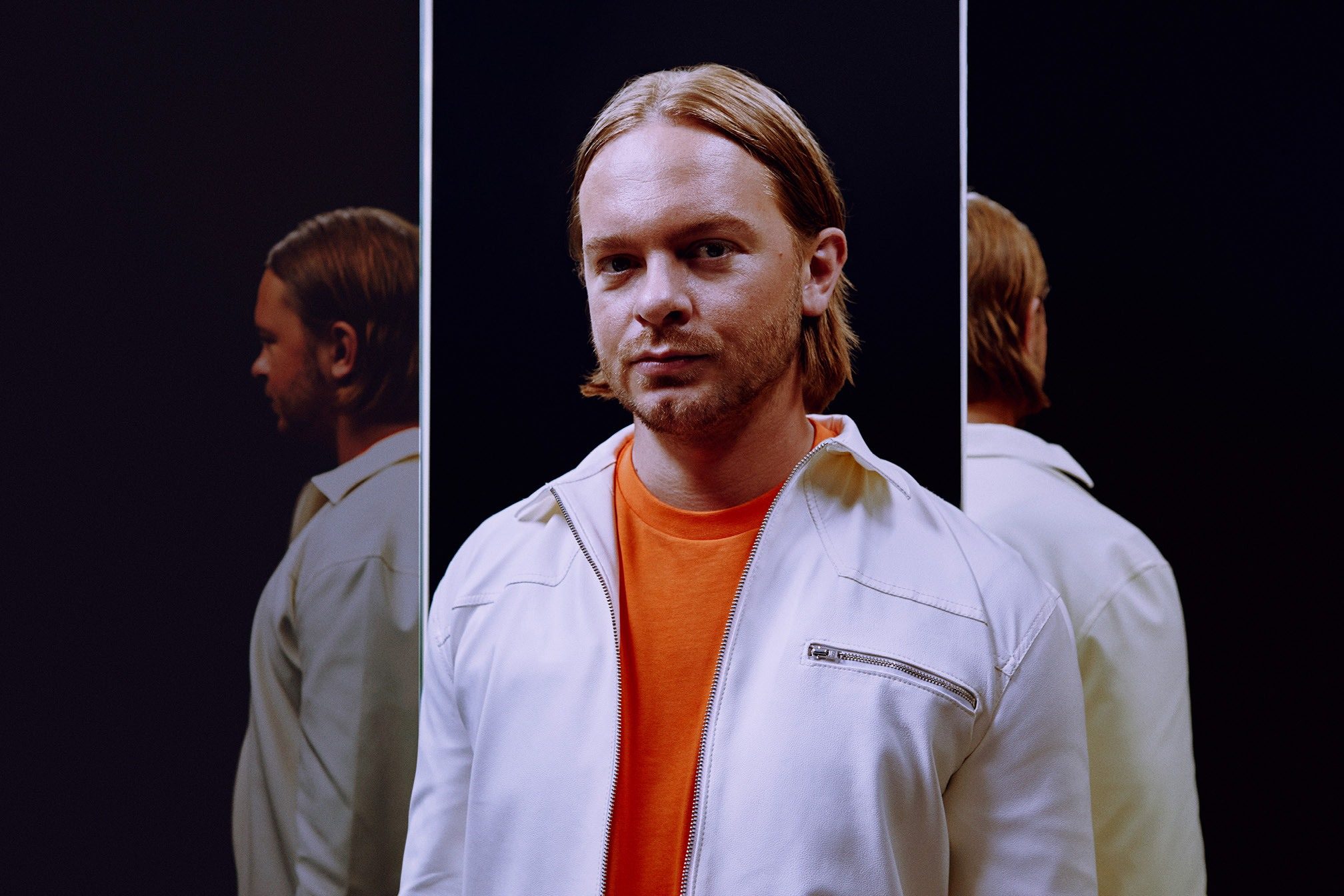
From the outset, DJ Seinfeld's beats were ultimately guided by an idea of authenticity, true to the spirit of the early house pioneers and the unabashed rawness of the confines that their equipment demanded. Co-signs from Bonobo, Flying Lotus and Jeff Mills backed him up. A string of EPs and remixes for MJ Cole, Honey Dijon, Omar Souleyman and more kept up the momentum.
Among those was 'Sakura' on Or:la's Deep Sea Frequency label, a sinister bass-heavy track that not only showed off Seinfeld's tough side but caught the attention of the enigmatic Richard D. James. "That was unbelievable. I remember it was super early in the morning. I was in Denmark at the time and on my way to the Russian embassy to get a visa sorted for the next show. I got a message from Felix [Ross From Friends] and he said, 'Oh by the way, Aphex played your track in his live set last night'. Some other people started messaging me, and I saw someone linking a video to it.
"Meanwhile, I'm doing like the most dangerous, reckless driving imaginable. I called my manager and was like, 'You need to check this out immediately. I need to know if someone is pulling a prank on me now. If it was the fucking warm-up DJ to Aphex Twin who played my track I'll be very pissed,'" between laughs, he continues: "It turned out to be legit! I was actually supposed to be at that festival where he played it, in Bilbao. I think it might have been good that I didn't see it in person because I would not have played a thing after that had I been there. I would have just been immersed in a pool of completeness. That was a big moment for me." Following Aphex's nod of approval, DJ Seinfeld was chosen to curate an edition of the iconic DJ-Kicks mix series, and in 2019 he launched his own label Young Ethics and signed a glossy new deal with Ninja Tune.
Read this next: What is it like when Aphex Twin plays your music?
Not too bad for an artist who downplays his musical lineage. The deliberately naïve and stripped-back production techniques initially used on Seinfeld's music belie the fact that he comes from a long line of classical musicians. "My mom plays the flute and is a music teacher, who incidentally has a really good singing voice. My older sister is now an opera singer and a professional cellist. I grew up playing classical piano from the age of 10. I was pretty good at it. As with anything, when your parents tell you to practice or do something, you immediately want to do the opposite. I can appreciate classical music, but I reached a point where I felt Chopin didn't have all the answers I was looking for!" Seinfeld winks.
His father was also an accomplished opera singer, and he met his mother at a musical conservatoire in Copenhagen. But sadly, his dad had a stroke a few years ago, and lost much of the mobility on one side of his face. "Aside from the obvious tragedy of the situation, it's also helped ground me in reality. Even when I was at the peak of touring, I've always had something I've had to come home to and contribute to, and it's meant I've grown up a lot and really seen the importance of having a happy relationship and a good group of friends around who will nurture you and appreciate your idiosyncrasies."
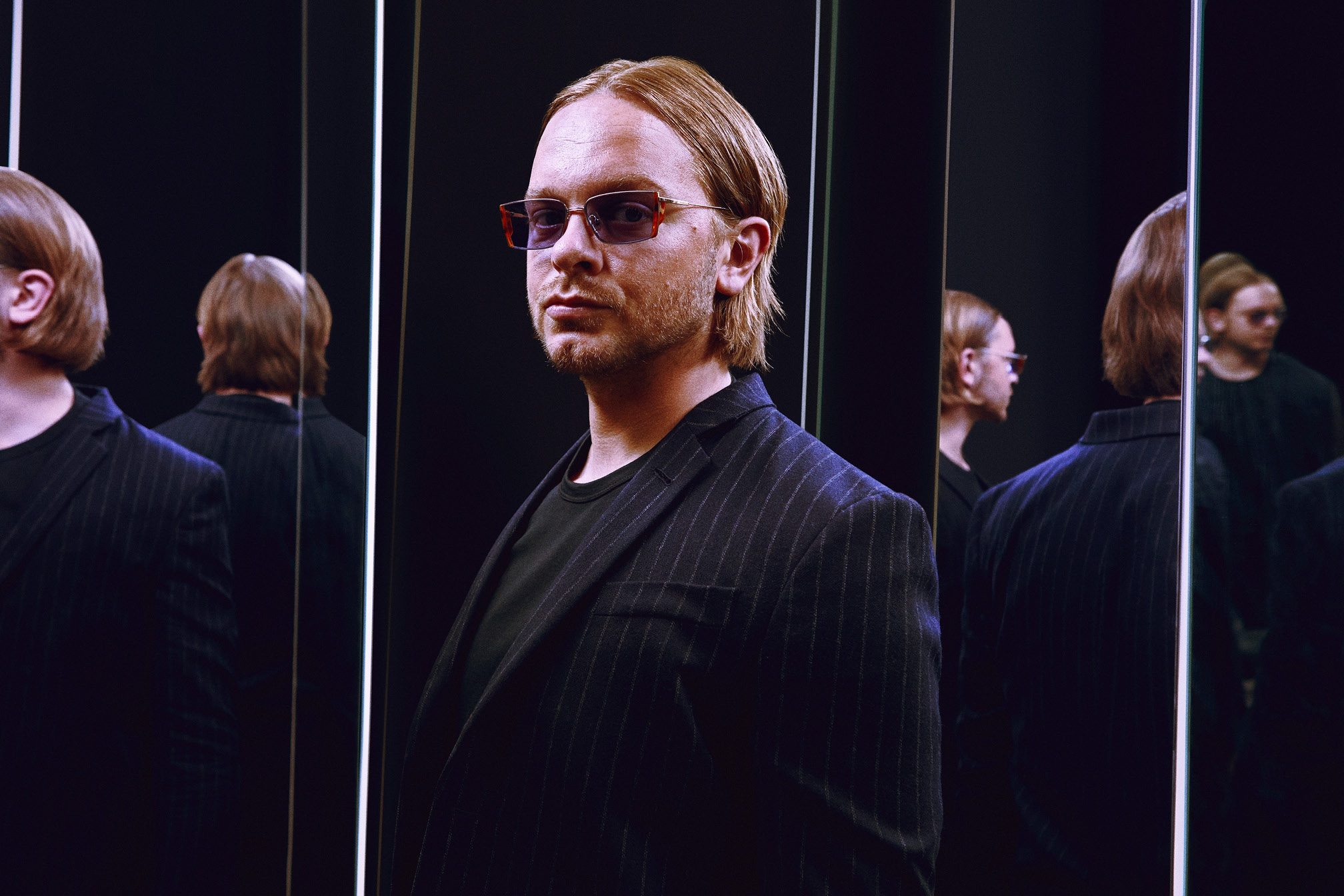
When pressed to sum up how his sound has evolved or what he's improved on the most Seinfeld says this: “By having a breather of sorts this past year, I could spend time consistently making music and find out what I'm into, what I'm not into. Before ‘Mirrors’ I'd been making music very impulsively. I'd rarely spend more than three or four hours on a track. I think for a while it was really just me trying to get decent, to get good. But now I felt like I was offered this opportunity to go deep down into the insular details and think about how I create tension. I want to tell a story and send a message. I didn't want to do a 180 and deny or leave what I had done before. I wanted to keep the raw emotionality that brought people to my music in the first place, but I also wanted to become much better at it."
For an artist who claims he's just getting to grips with tension, sweat-drenched footage of Seinfeld's sets and the post-show reaction they inspire of fans buzzing in euphoric bliss exemplifies the reception he gets as a DJ. Having whipped crowds in Berlin into a brain-mashing peak only a few weeks back after a year hiatus away from the club, I have to ask how the first gig felt. "It was extremely cathartic. It was like, 'Alright, now I realise and remember why I love doing this.' It was such a nice energy and vibe."
Read this next: The year of no gigs
He's held back fresh-pressed singles off the coming album like the Italo-tinged summer anthem 'U Already Know', in favour of hard-hitting revamps. "I played 'I Hope I Sleep Tonight' and 'Time Spent Away From You', which are two tracks that I rewrote from the first album and part of my concept for the new live show. It's basically things that I never got around to adjusting for a club system. I never made them DJ friendly either. I went back and thought, 'Okay what do I want to perform'. So the live show will essentially be a mix of things I've boosted from the first album and changed so make people dance with them, a few things from the other EPs and then the new album. I want the live show to be quite energising. I want to inject as much artistry as possible. I've got a lot of tricks up my sleeves and bringing a lot of special surprises. It's extremely scary but then what else am I doing this for?" he shrugs. "There was a time when looking back I was fucking burnt out. I even stopped getting nervous for shows. And I thought, like, 'this is not how it should be!' I would look around and I saw more excitement in others than I felt myself. I'm not going to let that happen this time around." He sounds grateful for the fresh perspective.

‘Mirrors’ is out in September on Ninja Tune, when dancefloors will hopefully be in full swing. "I don't make crazy dance music; I think I make peripheral dance music. I don't have that much opportunity to do it, but I love to dance. I used to go out alone all the time and dance. For me, that's how I got into dance music properly because I could see the effect it could have on people."
On the flip side, he confesses he's seen a lot of DJs play against the crowd. "I've seen a lot of cringe sets. I've seen DJs whose ego becomes too inflated, and they just forget about the audience being there and become super indulgent. For me, there's nothing scarier than a crowd that stands still with their arms folded. That has happened, but I'm not at the point where I feel like I have to test the audience and be like 'I'm gonna ruin your night!' just to be perceived a certain way by music heads (and hopefully, I never will be). People on the dancefloor might be coming here to let loose, sweat and connect with each other because they hate their fucking 9-5, but I'm going to play deconstructed Waltz music or something like this. There's a time and a place for everything!"
Read this next: Stop calling DJs 'eclectic'
He excitedly lists off possibilities of an American tour, playing at the return of The Warehouse Project and closing out the main dance stage at Primavera Sound in 2022, in the city he launched his career. "It's not easy for me to tell you where home is. Of course, I have to say Malmö, but I'm lucky enough to have travelled so much that I can call a few places home now. Barcelona is one of those and Primavera Sound is one of my most favourite places to play. I remember when I studied there. It's one that is going to be emotional for sure to have all my friends there and even people like the promoters and bookers who've come up with me. That one will mean a lot."
Jakobsson might be taking himself more seriously when it comes to his music, but not when it comes to his more obscure fixations like UFOs. "I've always been really inspired by Sci-Fi movies. The other day, I watched Arrival for like the 15th time, and I wound up writing music like crazy for days! You have no idea. I love UFOs!” he laughs. “I don't offer a lot of myself on social media because don't think I'm that interesting. But I was invited by a UFO podcast the other day, and I had a talk with my team, and they were like 'Yeah, people probably want to see more of you' so I said yes! I've been a huge nerd about UFOs since I was 10 years old, and I think I can speak eloquently about it. I have friends whose whole families have had encounters and I’m always so fucking pissed I haven’t yet!”
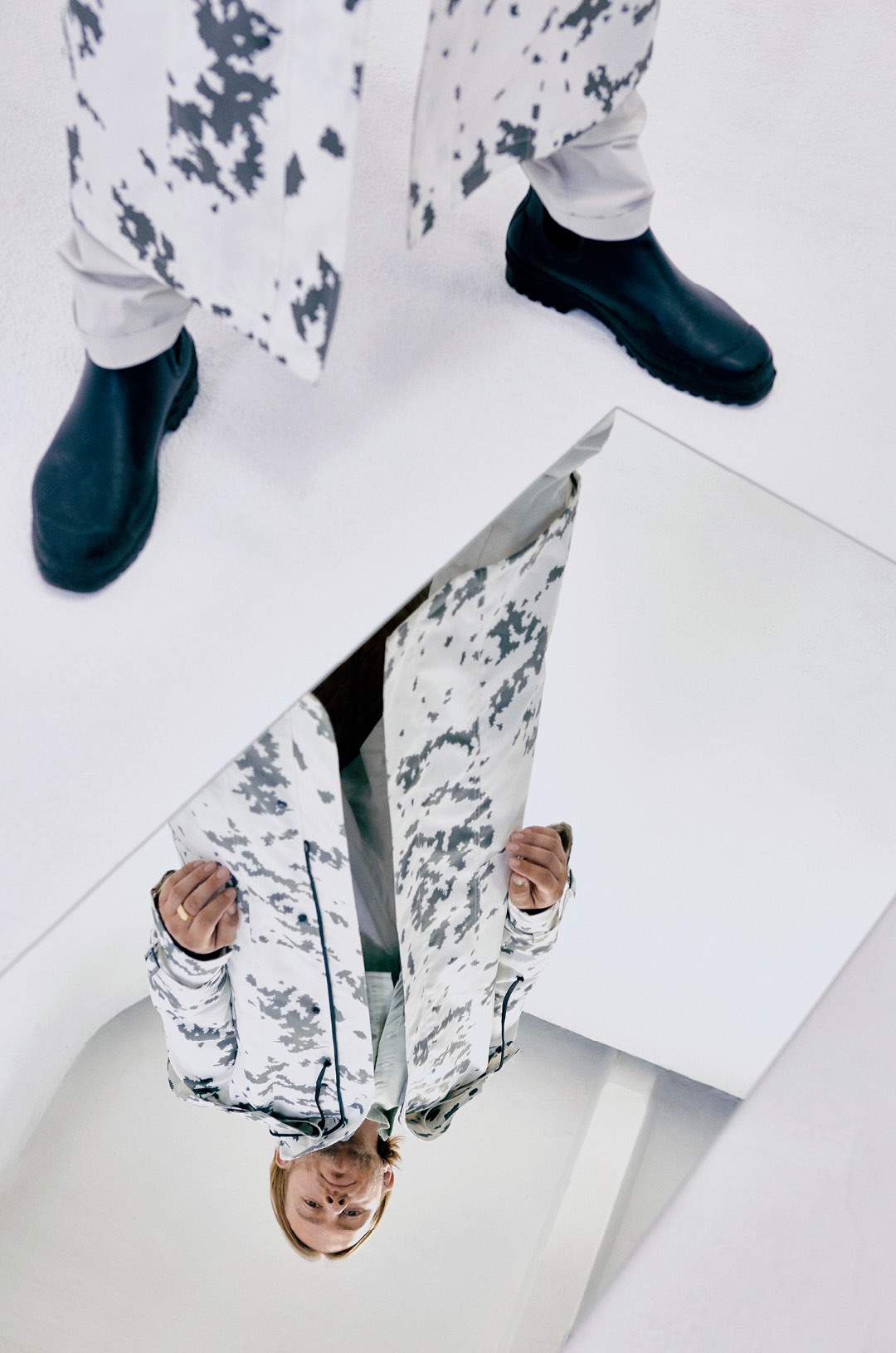
The DJ Seinfeld in front of me is firmly in focus and miles away from the heartbroken dude I first met on his debut. He waxes lyrical about wanting to collaborate with singers like Abra or Kelela next, having worked with several phenomenal vocalists on this album. Revealing his most personal track on ‘Mirrors’ and more about what he hopes the album brings he says: "I have a very beautiful, nice girlfriend now. I wanted there to be some type of reflection from the past. But I also wanted this album to be more optimistic and show I'm not in the same place I was in before. My favourite track is called 'She Loves Me' which is the first track on the album. It's with Stella Explora, an artist from Stockholm. I sent her an instrumental, and when she sent me the vocals back a few weeks after, I was just floored! Her voice is so beautiful! It’s the most technically endowed and ambitious song I've ever written. I think that one will form the basis of where I'm heading next as a producer."
On a high, we weave between his outpouring admiration for his greatest artistic influence Burial and how he rates 'Insomnia' by Faithless for having the greatest all-time synth moments.
"‘Mirrors’ is my proudest creation so far," he concludes. "There were a lot of times I thought about throwing in the towel but didn't. For me, it shows, that I have something to say in this industry; I do belong here. As long as I keep carving out my own lane and doing it with humility I think I have something to do here. A lot more."
DJ Seinfeld's 'Mirrors' comes out via Ninja Tune in September, pre-order it here
Tracy Kawalik is a freelance music journalist, follow her on Twitter


